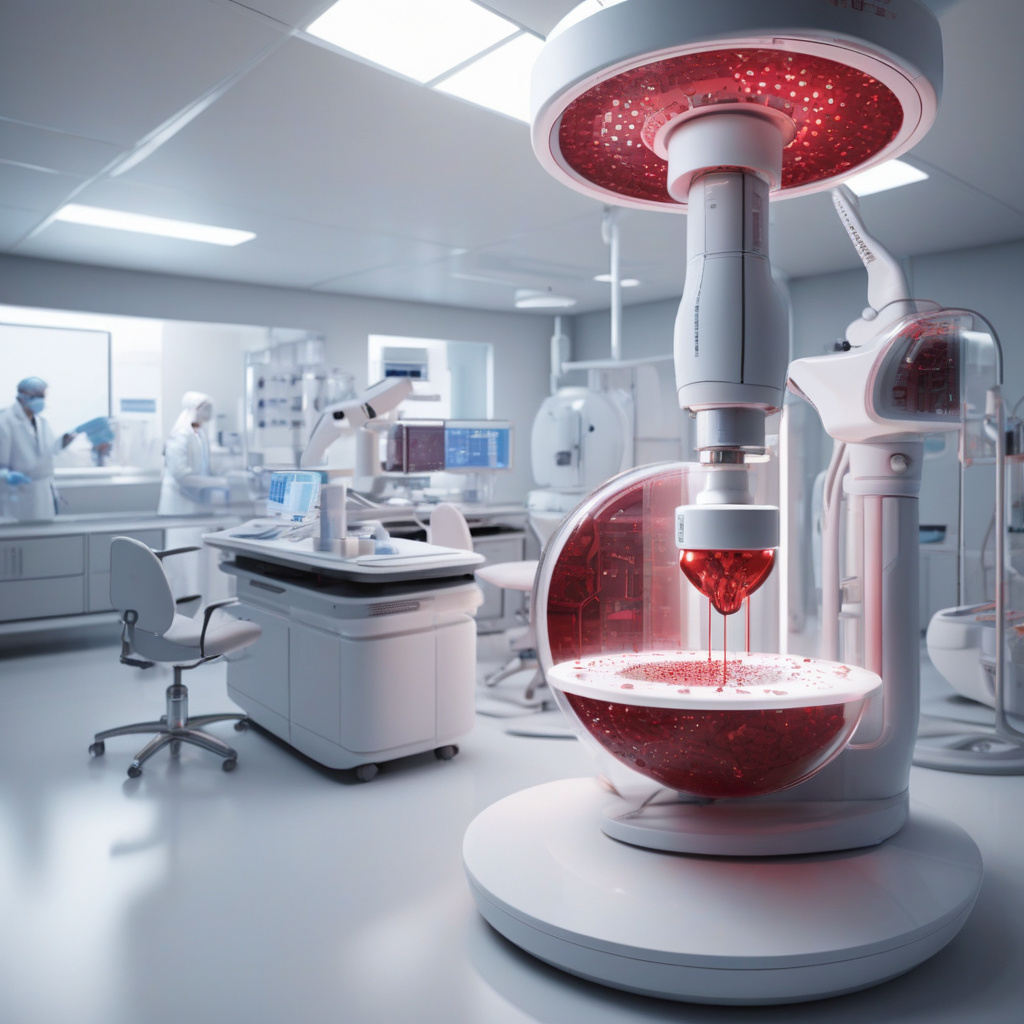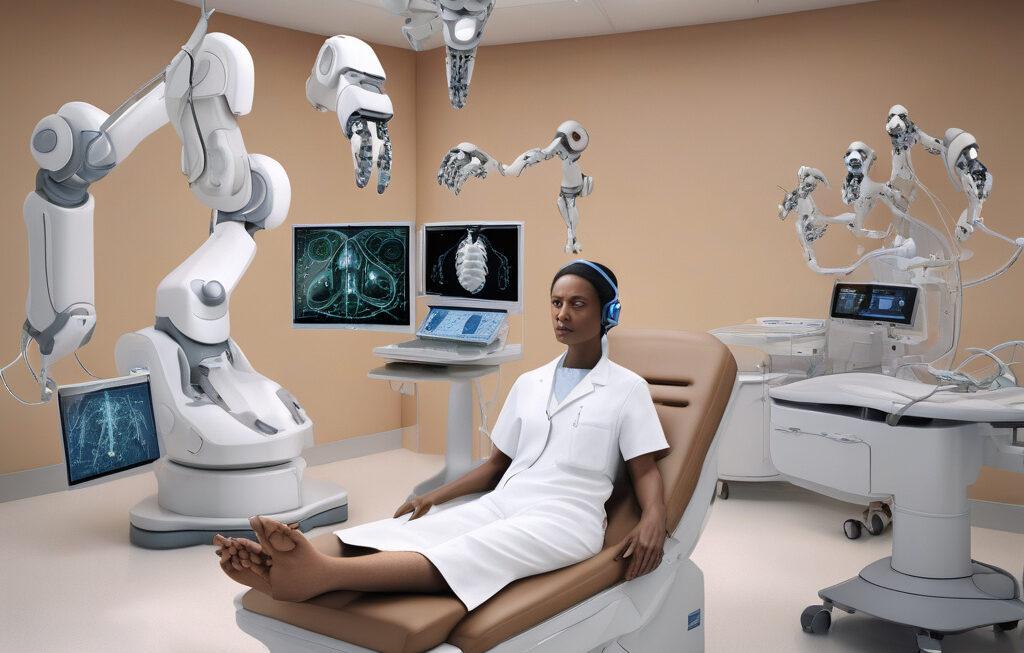One Test, 10 Drops, 12 Cancers: AI-Powered Blood Test Nails 99% Accuracy in UK Trial
In the United States, cancer remains the second leading cause of death, claiming over 600,000 lives annually. The battle against this formidable foe has seen significant progress in recent years, with advancements in technology playing a pivotal role in early detection and treatment. One such groundbreaking development is the emergence of an AI-powered blood test that has demonstrated remarkable accuracy in identifying multiple types of cancer with just 10 drops of blood.
A recent UK trial of this innovative blood test has yielded promising results, showcasing its potential to revolutionize cancer diagnosis and prognosis. The test, developed by a team of researchers and data scientists, harnesses the power of artificial intelligence to analyze blood samples for the presence of cancer-related biomarkers. By leveraging machine learning algorithms, the test can detect the early signs of various cancers with an impressive accuracy rate of 99%.
What sets this AI-powered blood test apart is its ability to identify not just one or two, but a staggering 12 different types of cancer. From common malignancies such as breast, lung, and colorectal cancer to rarer forms like pancreatic and ovarian cancer, the test offers a comprehensive screening approach that could significantly improve patient outcomes. By detecting cancer at an early stage, when treatment is most effective, this innovative test has the potential to save countless lives and reduce the burden of this disease on individuals and healthcare systems.
The simplicity and non-invasiveness of the test are also major advantages. With just a few drops of blood, patients can undergo a quick and painless screening process that provides valuable insights into their cancer risk profile. This ease of use could encourage more individuals to undergo regular screenings, leading to earlier detection and intervention, ultimately improving survival rates and quality of life for cancer patients.
Furthermore, the cost-effectiveness of the AI-powered blood test makes it an attractive option for healthcare providers and patients alike. Compared to traditional diagnostic methods that can be time-consuming and expensive, this innovative test offers a streamlined and affordable alternative that could be easily integrated into routine healthcare practices. By making early cancer detection more accessible and convenient, the test has the potential to reach a larger population and make a significant impact on public health.
While the results of the UK trial are indeed promising, further research and validation are needed to fully establish the efficacy and reliability of the AI-powered blood test. Collaborations with healthcare institutions, regulatory bodies, and industry partners will be crucial in advancing this technology from the lab to the clinic, where it can benefit patients on a broader scale. With continued support and investment, this groundbreaking innovation has the potential to reshape the landscape of cancer care and usher in a new era of precision medicine.
In conclusion, the emergence of an AI-powered blood test capable of detecting 12 different types of cancer with 99% accuracy represents a major stride forward in the fight against this devastating disease. By harnessing the power of artificial intelligence, this innovative test offers a fast, accurate, and cost-effective solution for early cancer detection, potentially saving lives and improving patient outcomes. As research and development in this field progress, we can look forward to a future where cancer is not just treated, but prevented through cutting-edge technologies like the AI-powered blood test.
cancer, AI, blood test, early detection, precision medicine












